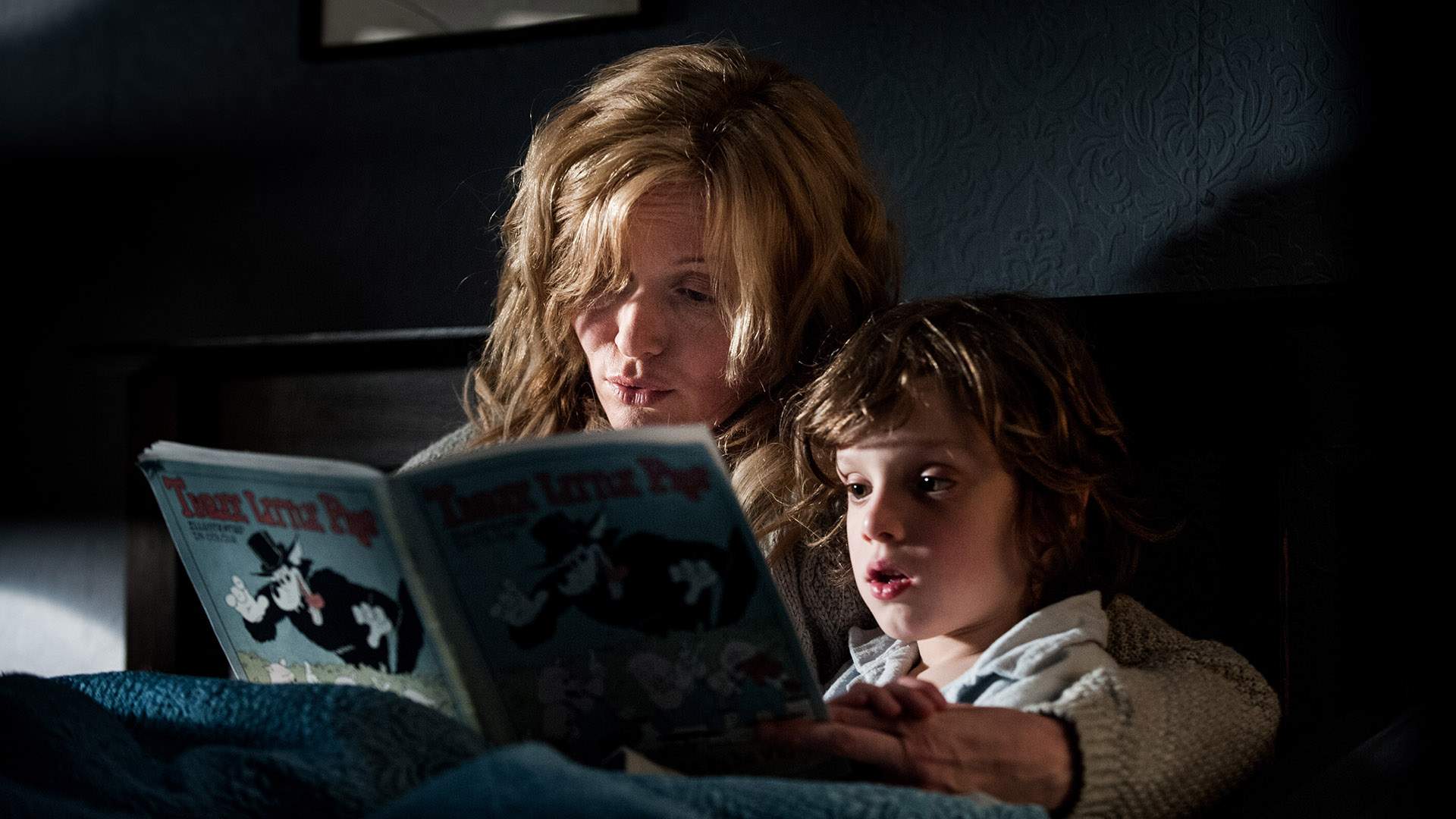Sound and Vision: How Jed Kurzel Discovered the Right Scores for 'Snowtown', 'The Babadook', 'Macbeth', 'Monkey Man' and More
The founding member of The Mess Hall has scored his filmmaker brother Justin's features and plenty beyond, fellow Australian masterpieces and big-budget Hollywood fare included.
Jed Kurzel boasts one of the most-enviable recent resumes in Australia's film industry. It was back in 2011 that the founding member of The Mess Hall added a haunting layer to Snowtown, the first feature directed by his elder brother Justin, via its score. The pair have worked together on every one of Justin's films since. But Jed doesn't just have the sounds of stunning Shakespeare adaptation Macbeth, game-to-screen flick Assassin's Creed, the dark-but-playful True History of the Kelly Gang, the complicated Nitram and the upcoming The Order to his name. Jennifer Kent's The Babadook and The Nightingale, Ridley Scott's Alien: Covenant, Dev Patel's feature directorial debut Monkey Man: he has scored them all as well.
With a filmography that also hops from The Turning, All This Mayhem and Slow West to Overlord, Seberg and Encounter — plus Guillermo del Toro's Cabinet of Curiosities on the small screen — it might seem an impossible task to pick favourites. Even whittling down what to talk about at Kurzel's Screen Commentary session at SXSW Sydney 2024, where he's chatting through his work, might sound difficult. But ask him which of his projects stand out, as Concrete Playground did, and he has answers, even if he notes that his responses differ over time.
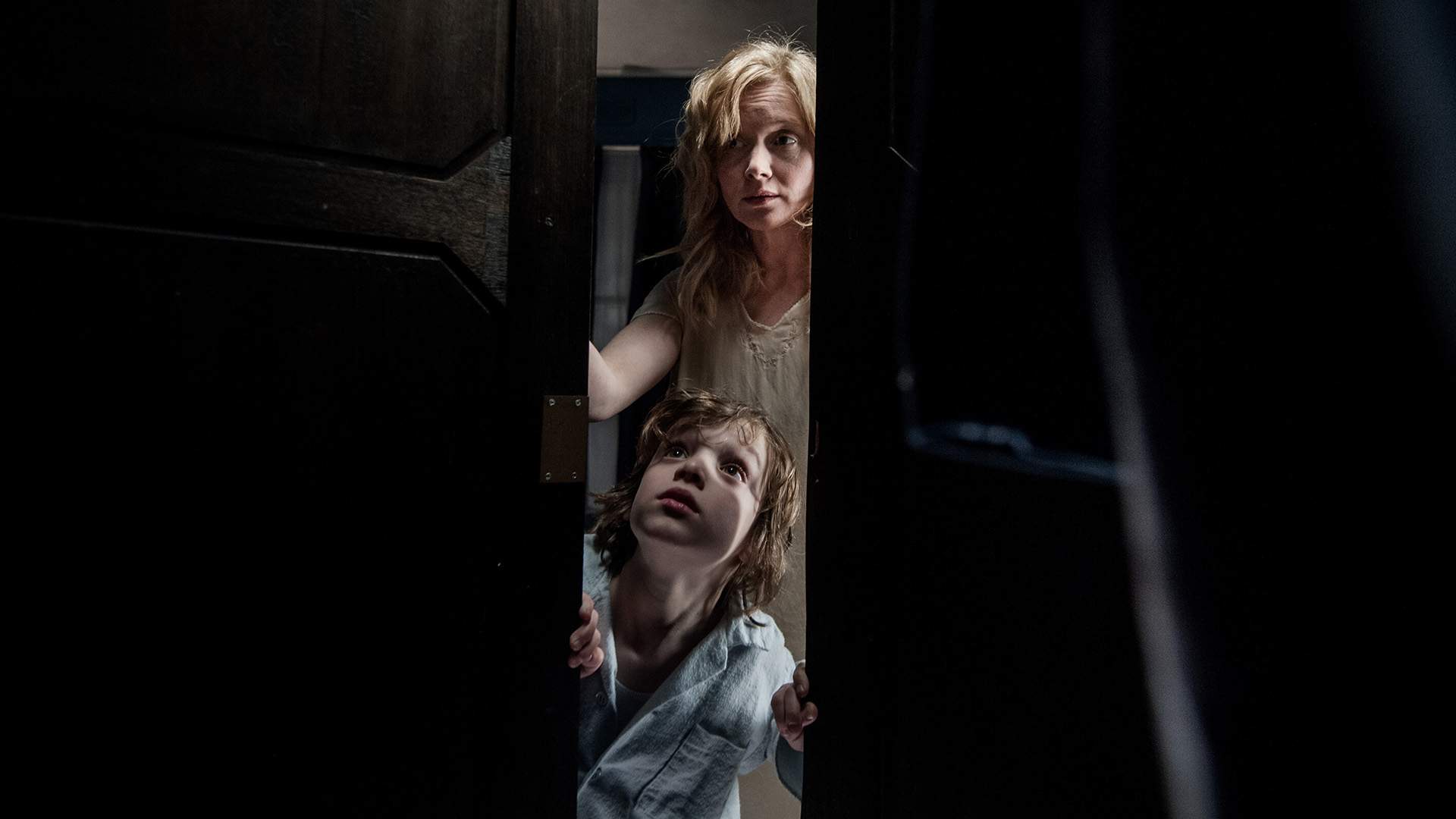
"There's a few. But then they start to change as I go on, because I guess you learn more things, and some films follow a particular style that you might have gotten onto, or a particular thing that I've discovered and I will push that through a few films," he explains.
"Snowtown for me is the one that that really stands out, I think because it's the first one and I still get offered films today that have put Snowtown in their temp music, which is the music they put in while they're editing — it's kind of crazy that's it's still being used. So that one particularly, it still pops up. Macbeth as well, I think just because it was the first real string score I've done, orchestral score, and I did it all over in the UK, so I met a lot of people that I'm still collaborating with then and I felt like we were all jumping into this thing together," Kurzel advises. "I think those two stand out for me, and The Babadook."
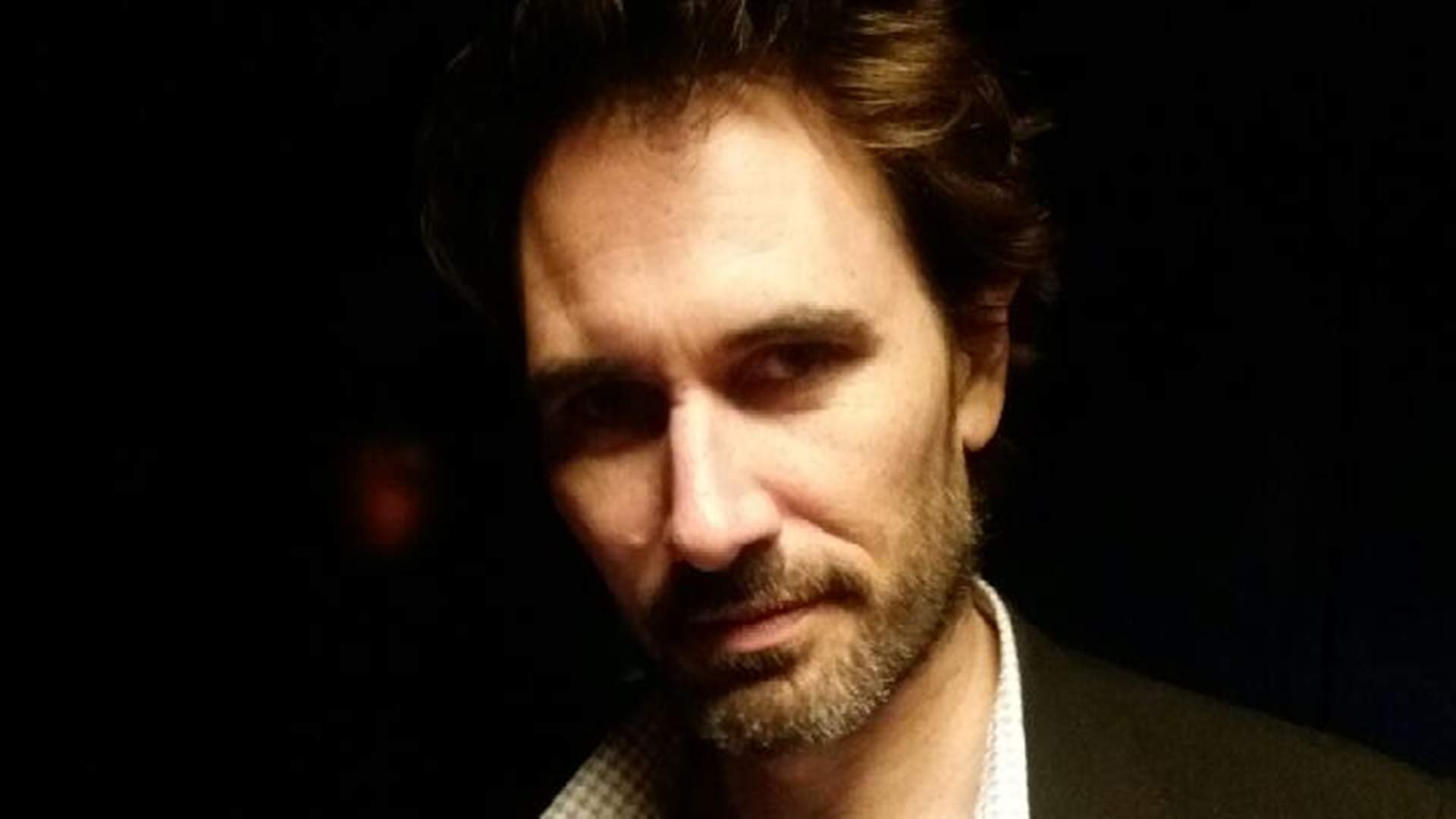
His fruitful career composing for the screen might've come about as one could expect when your brother is a filmmaker — Justin asked him to have a go at scoring Snowtown — but working together and taking this path wasn't a long-held childhood plan. "Never. No, I don't think that we have ever spoken about it. It was just how it worked out," Kurzel notes. "We'd been working together before that, in that he'd been doing the video clips for us and all that kind of stuff. We were always doing things together. So it wasn't like it felt like an 'oh, here we go' kind of thing. It was really just one of those things where we're always a part of what the other was doing."
Viewers can be thankful for sibling bonds and the route it has taken Jed down. As brilliant as everything they each splash across the screen is, Snowtown, Macbeth, Nitram, The Babadook, The Nightingale and more wouldn't be the films they are without Kurzel's scores. Ahead of his session at SXSW Sydney, we also chatted to the composer about what sparked his contributions to some of the above films, how collaborating with Justin is different to working with other filmmakers, ensuring that his music isn't commenting on the content of the movies, the influence of genre, challenges he'd like to take on and plenty more.

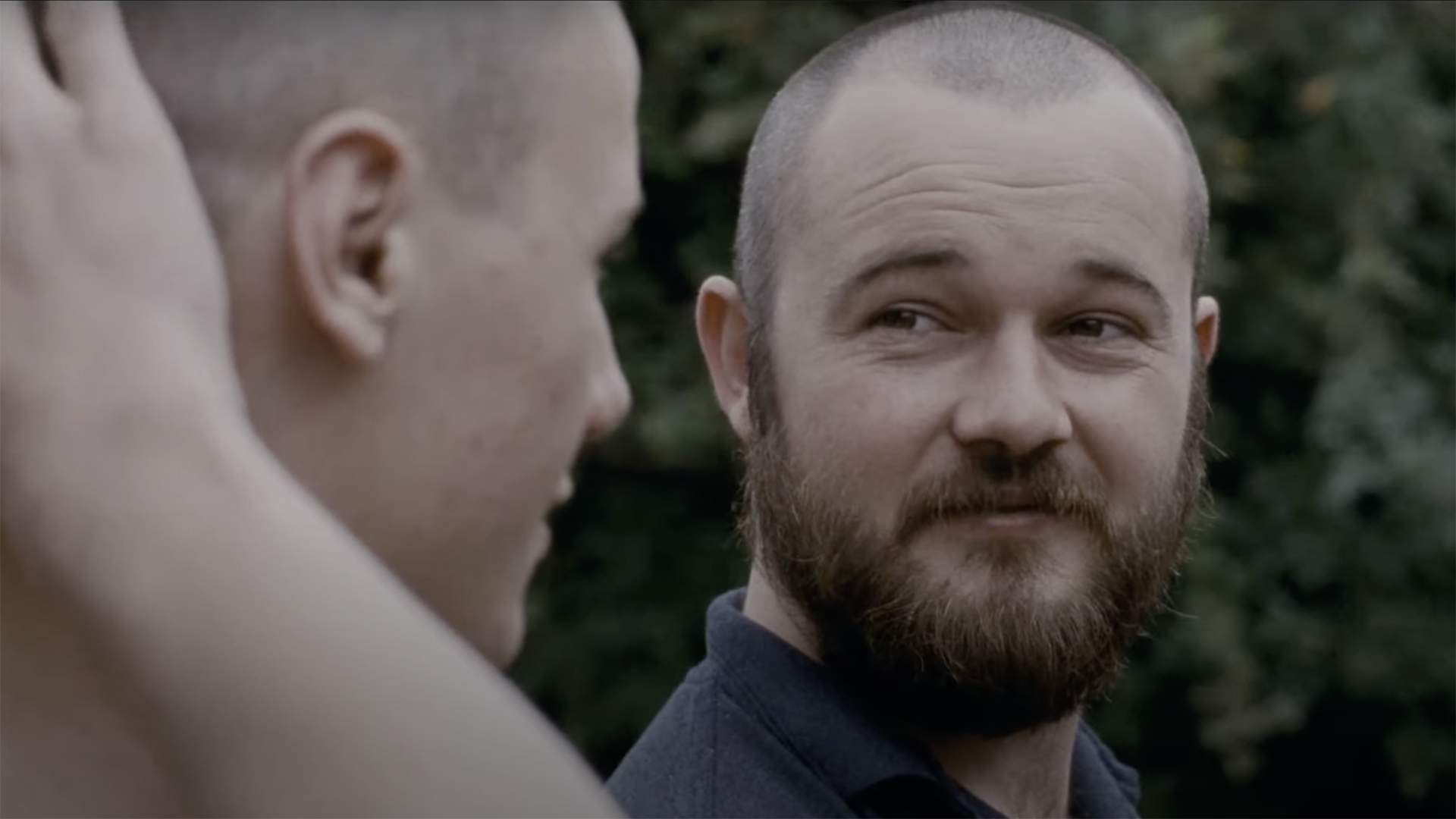
On How Kurzel Began Composing for the Screen
"I was touring around with The Mess Hall and I had some time at home. Then Justin, my brother, was doing his first film Snowtown, and he asked me if I'd like to have a go at scoring it because, outside of the things I was doing with the band, I was always messing around with stuff at home.
I guess it was more in the film soundtrack kind of land, but I was just doing it for my own enjoyment. And he said 'oh, you know, some of that stuff could work well, all that kind of thing could work well'. And I said 'I've never done that before, so'. And he said 'look, it's fine if it doesn't work, I'll get someone else. But you have a go with it'. So I did and then that was kind of it, it just it snowballed from there. It wasn't something that I had set out to do really.
At that point, I was really happy playing music — and playing, actually. But I was missing just being in the room and making music. We were out playing a lot, and it's very hard to make music when you're doing that. So I was missing that at that time — so it came at a perfect time, I think."

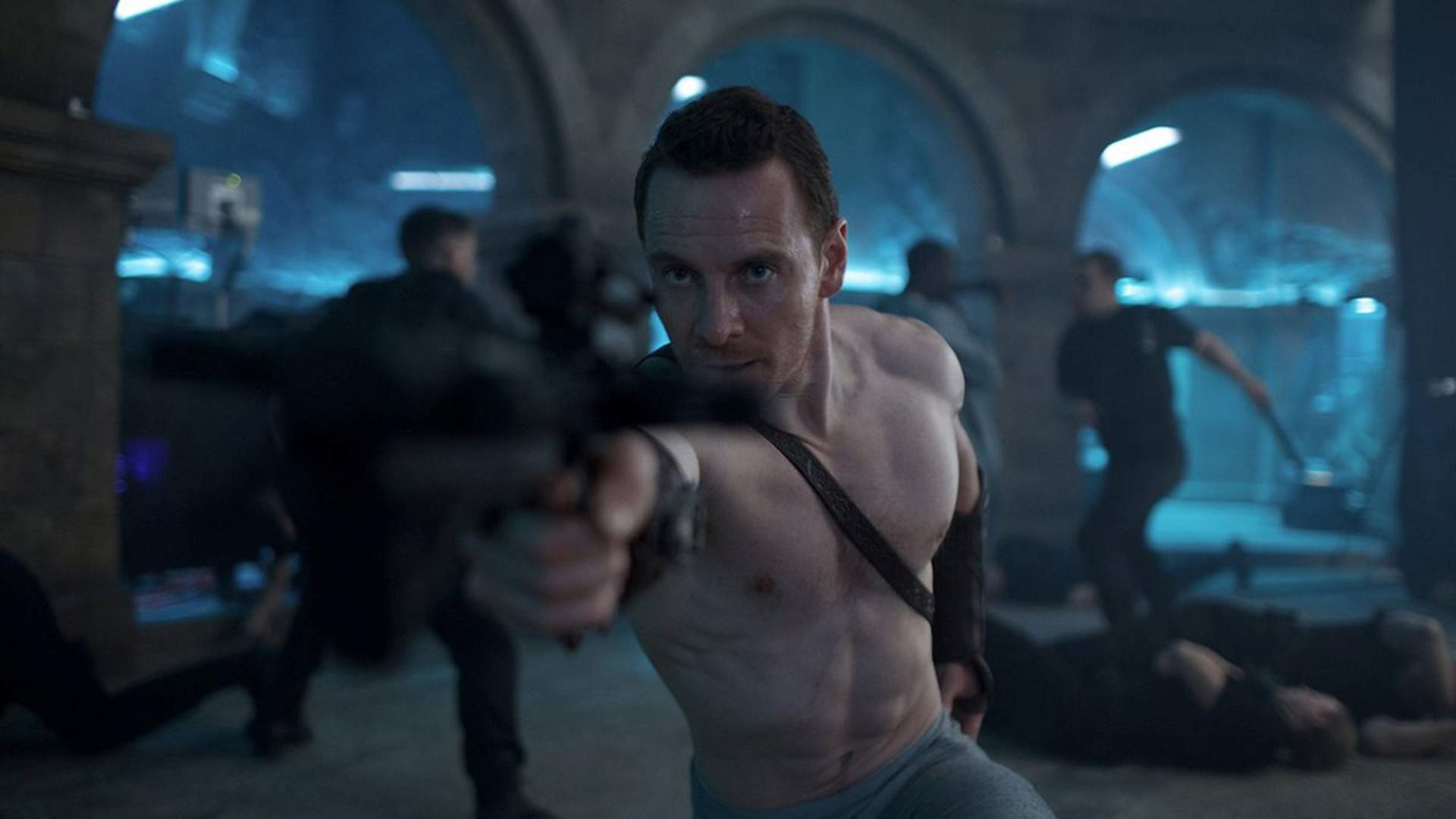
On Collaborating with Justin on All of His Features So Far — and How It's Different to Working with Other Filmmakers
"It is different now, because I think we've developed — I mean, we always had a shorthand, but it feels like it's become even shorter now. We almost hardly ever discuss it while we're doing it. It just happens, in a way, now.
We used to take a long time. I'd start really early on his films and it would be this drawn-out process, and sometimes the process could get quite difficult as the edit changed and things like that. I think just through experience, we've started to work out an efficient way to work that is still as creatively rewarding.
And the last couple of things I've done with him, like The Order, it was all very free-flowing and it came quite quickly, and it wasn't something that we laboured over. I think we've discovered that the more we labour over things, it doesn't help anything."

On What Sparked the Score for a Film as Complicated as Snowtown
"With that one, we always talked about that hitting the bullseye was a very slim chance in some ways, because we found that with most music that we put on it, it felt like it was commenting on it.
So immediately it was like 'well, we don't want to do that' because that just wasn't what the film was doing — and it didn't want it anyway. So it became a really instinctive thing about what it wanted, and there was a lot of to-ing and fro-ing of changing the edits to suit where we were taking it. So a lot of back and forth between us.
And then, I always feel like if you just listen to the film, it'll eventually tell you what it wants. You throw things on it and just sort of shrug it off, and then there'll be something that starts to stick. And as soon as it starts sticking, you're on your way."

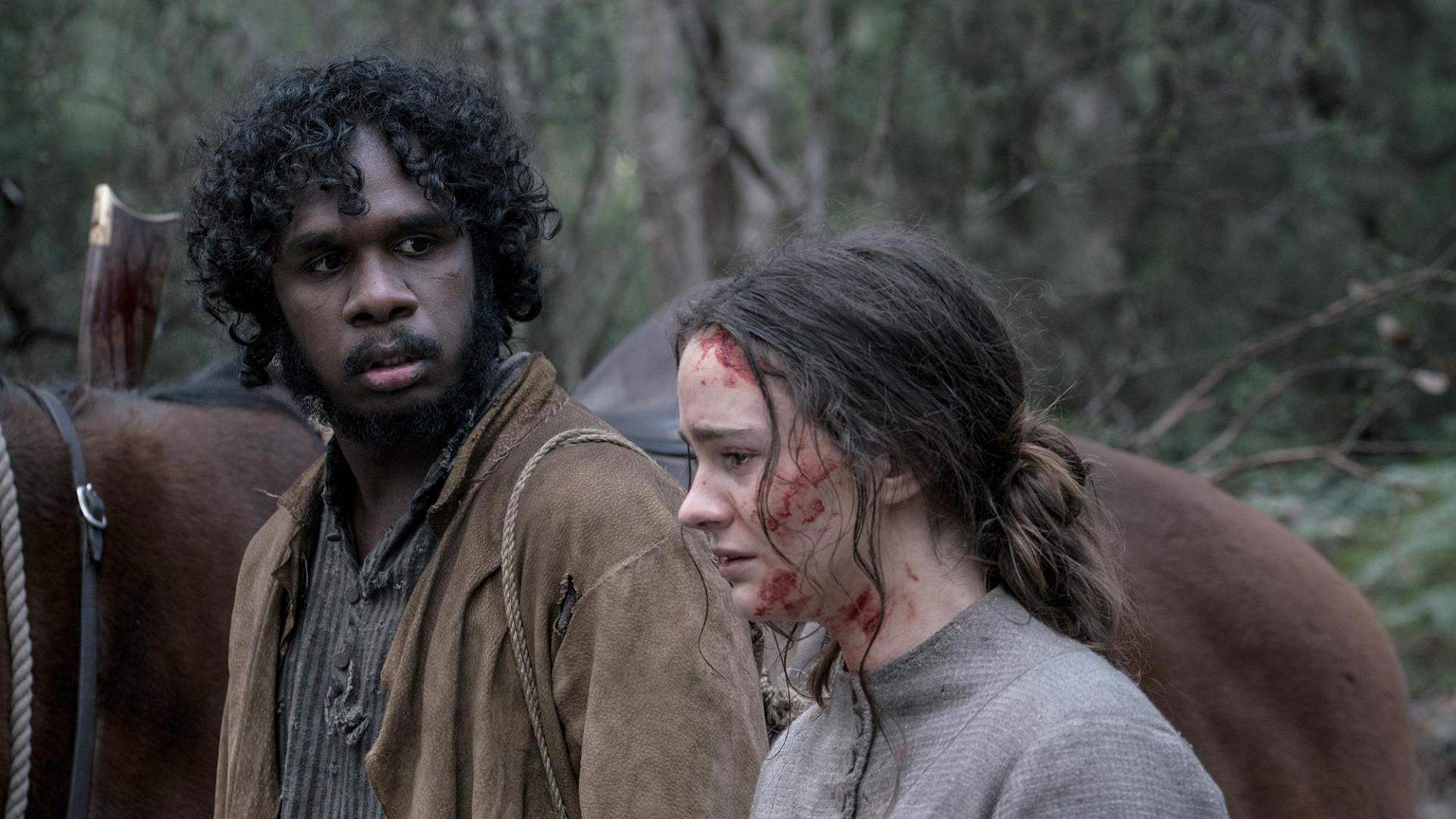
On Whether Working on Films Like Snowtown, Nitram and The Nightingale Brings a Sense of Responsibility Given the Historical Details They're Diving Into — and How to Avoid a Score That Comments
"I think so. But, I mean, I think with those projects, you're well-aware of that before you've even started them. There is a certain responsibility, I think, not to — I guess what it is musically, I'm always aware of not commenting, and that you're adding.
I feel like you're just adding another layer and energy to the film, rather than going 'this character comes on and they've got a theme' or anything like that. It's just different, it's adding a feeling.
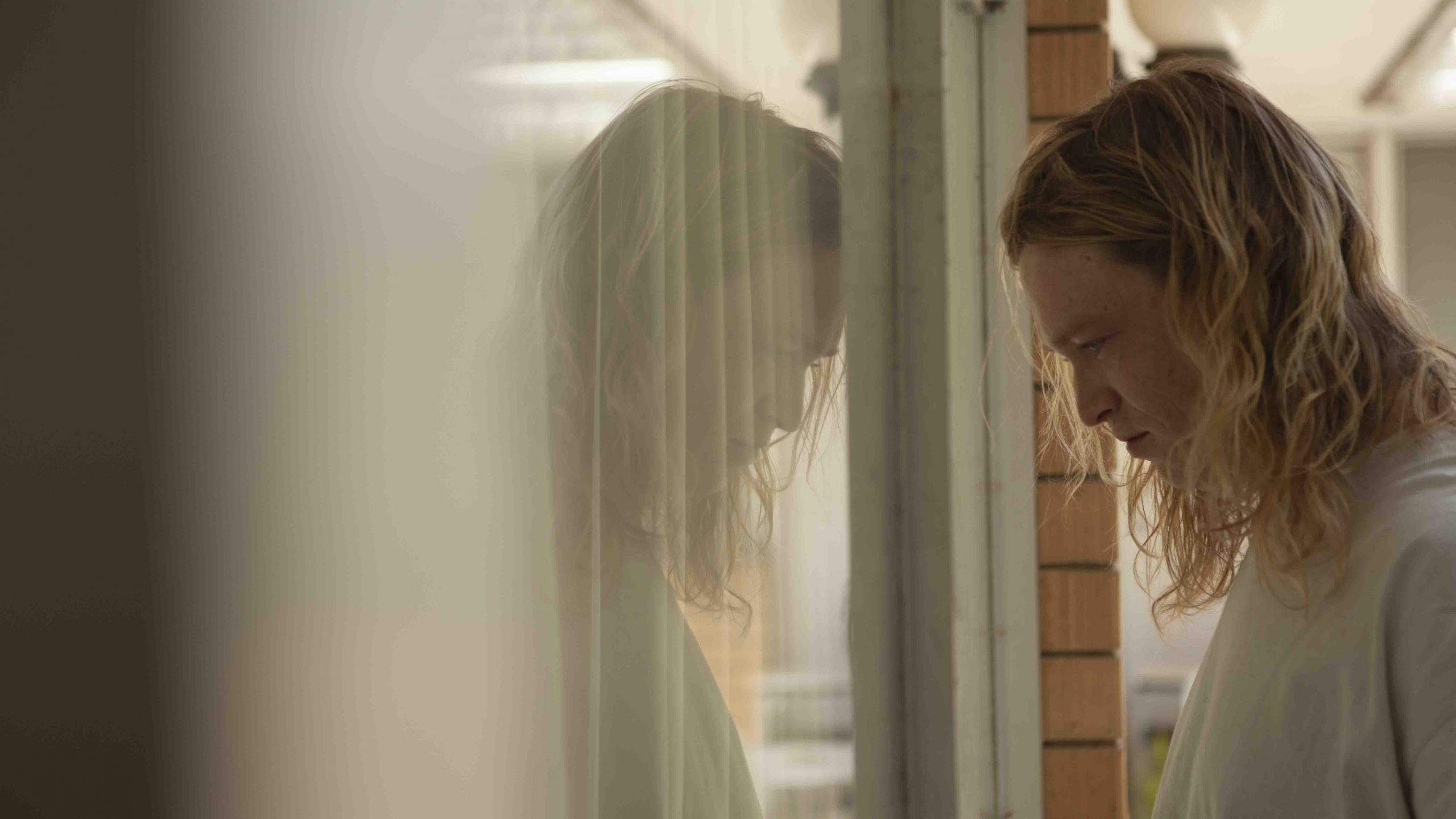
It's what the film wants — and if you start commenting with some of these films, it just doesn't work. It just feels wrong. But on other films, you can go into those areas and the film absolutely wants to have that. I think it just depends on what you're working on.
I always love to look at the film itself, and how it feels and what it looks like, and where it's set and those kind of things, because I think with music, you can actually add to that even more so. Even cinematography, I think, is really a big one for music, too, that maybe gets overlooked a little bit, because we are responding to images, so that's the first thing you're looking at."

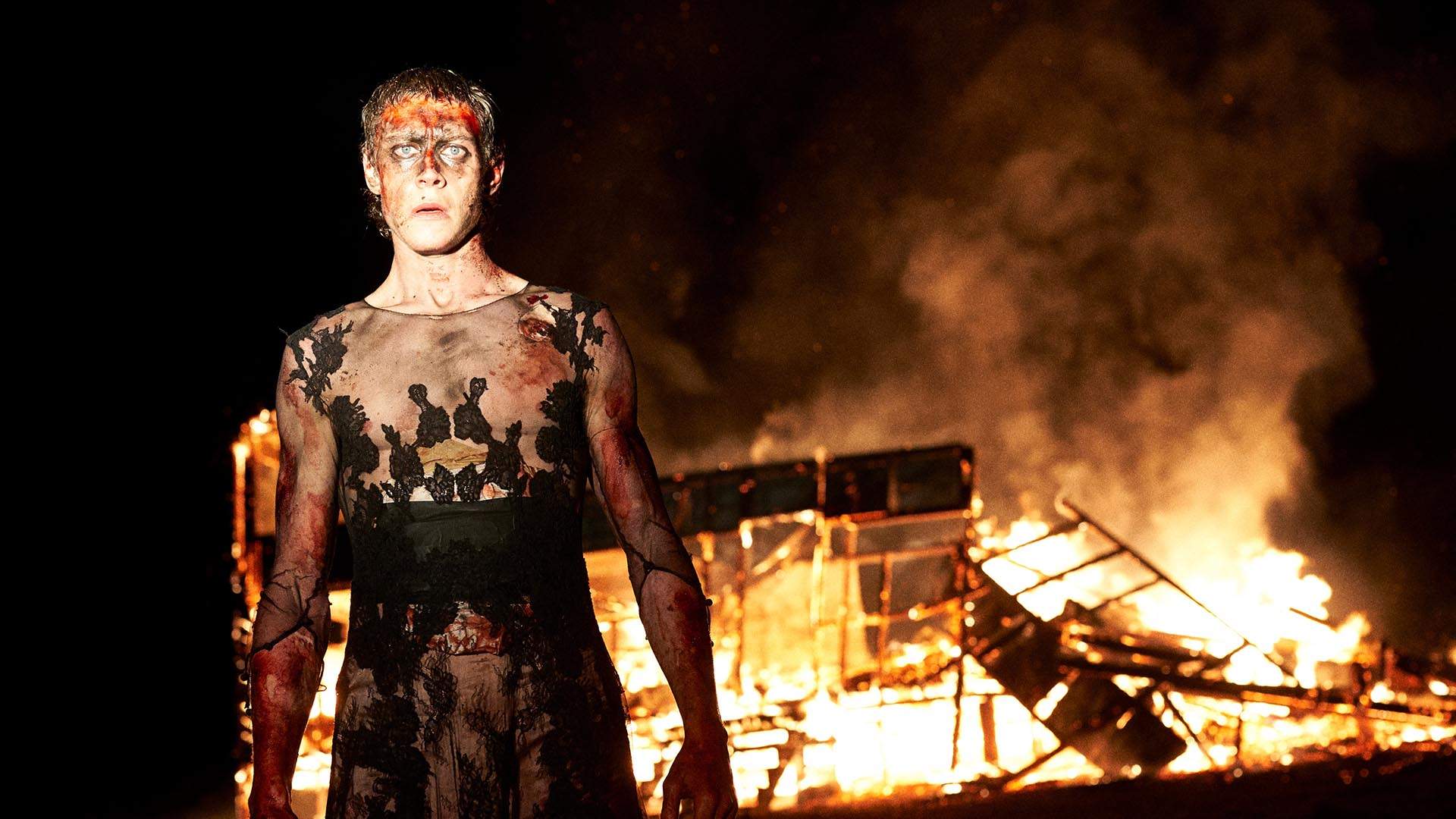
On Adding Playfulness to a Score That's Also Quite Dark, Such as True History of the Kelly Gang
"That one, I'm glad you said that, because actually that's what I wanted to achieve with that score — that there was a playful quality to it. I always really loved the Sidney Nolan paintings, and I was sort of taking a cue from that.
And also I love the old Hanna-Barbera cartoons and things like that. So for me, they were the influences that I was grabbing. I guess if you've got a concept or an idea that you want to launch things off of, that's always helpful."

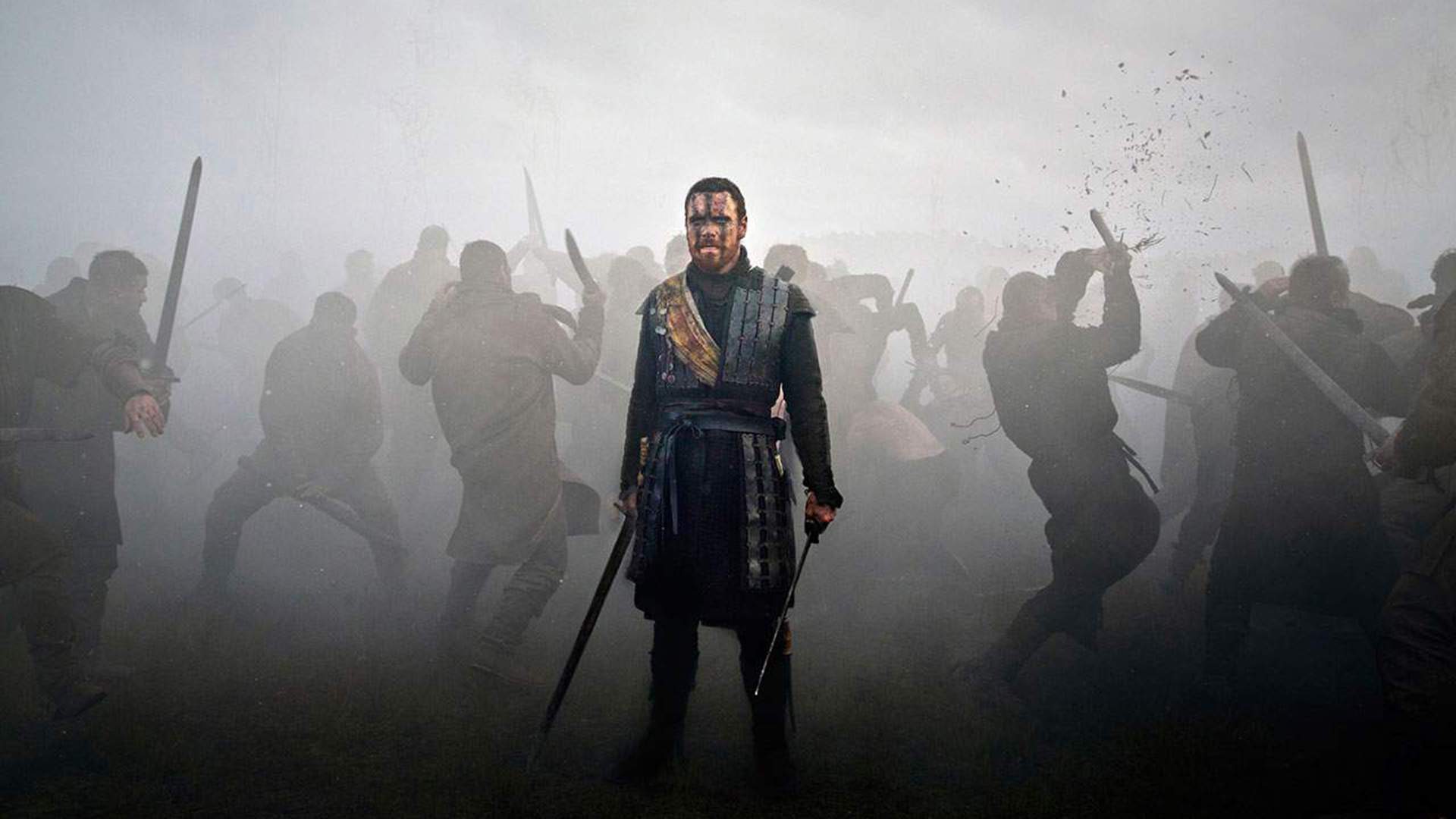
On How to Find the Score for a Shakespearean Adaptation Like Macbeth When There's So Many Past Big-Screen Versions —Including Initially Skewing Electronic
"I remember doing that and both of us [Jed and Justin] feeling a lot of pressure because it's been done. There's not many times when you do a film that's like 'well, this has been actually been done before word for word'.
When films are made, I think there's some directors who've got it all in their head and then they go out and make it, and what happens in the edit is the film just wants to be something else — and if you fight against that, usually you'll end up with something that's probably nowhere near your vision, and that frustrates you. Whereas if you follow what the film wants and then listen to it, and just go with where it wants rather than trying to hold onto your initial idea, then I think you can end up in really interesting places.
In that case, yeah, it started out as an electronic score, that's what we wanted to do, but the film just, again, didn't want it. So we had to change tact a little bit, and we got something completely different, but I think it's the same sort of idea that we started out with. We had an initial idea, and then we just followed our gut while we were doing the edit."

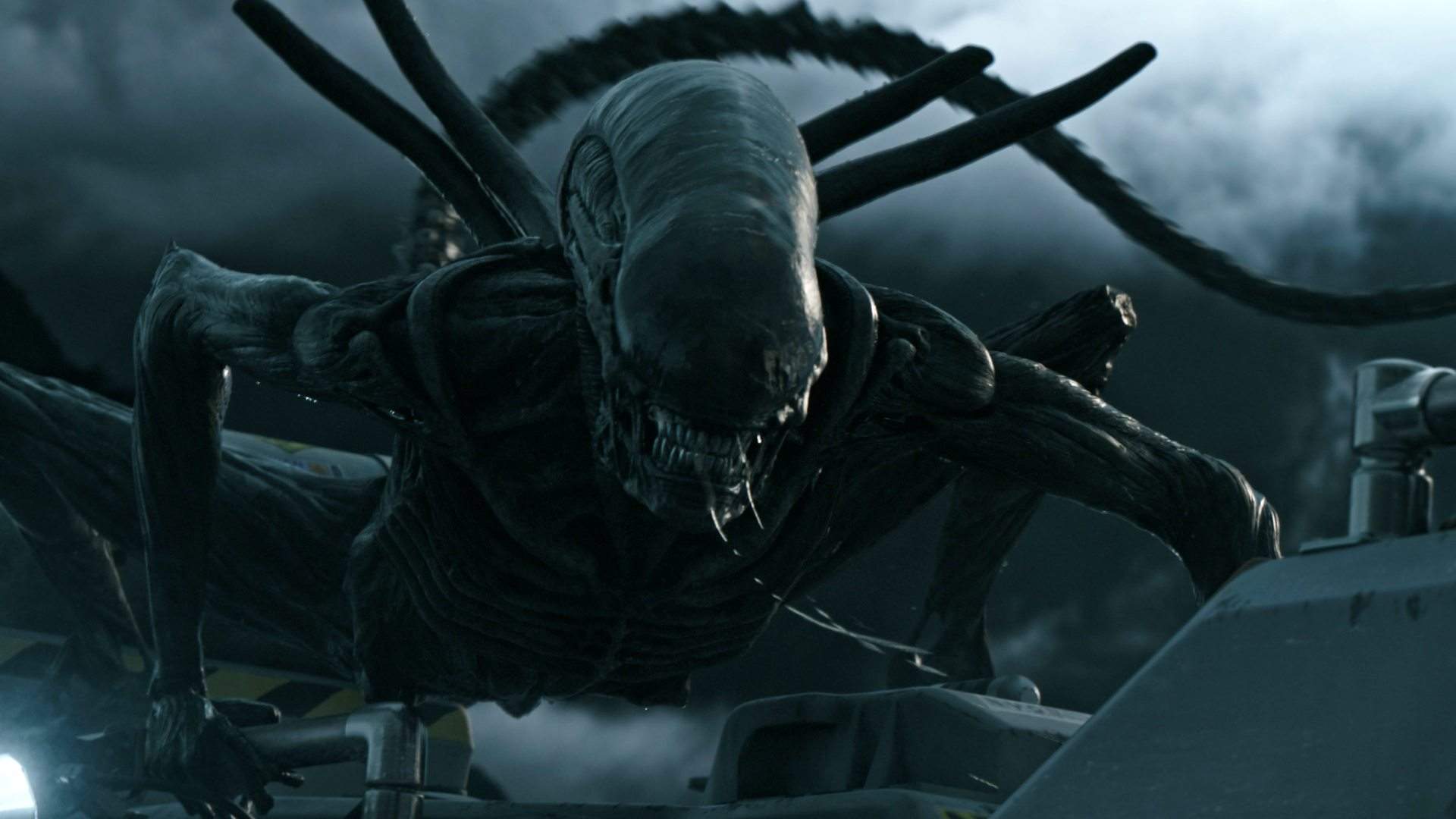
On How Working on Something Smaller, or More Character- or Mood-Driven, Differs From a Big-Budget Sci-Fi Sequel Like Alien: Covenant
"I think there's similar pressures with both. On a smaller film, even though it's a smaller budget, there's almost more at stake because a lot of the times that might be someone's first film that they've directed. So they're kind of like someone's baby.
Whereas the big-budget films, there's so many people involved, and they keep changing and they tend to have a lot more time to sit with things. The smaller budgets, the smaller films, they don't, they have to finish by a particular time because they don't have the money to keep editing or keep doing things.
So I think there's different pressures with both. But in terms of scoring them, I just I think they just different hills to climb."

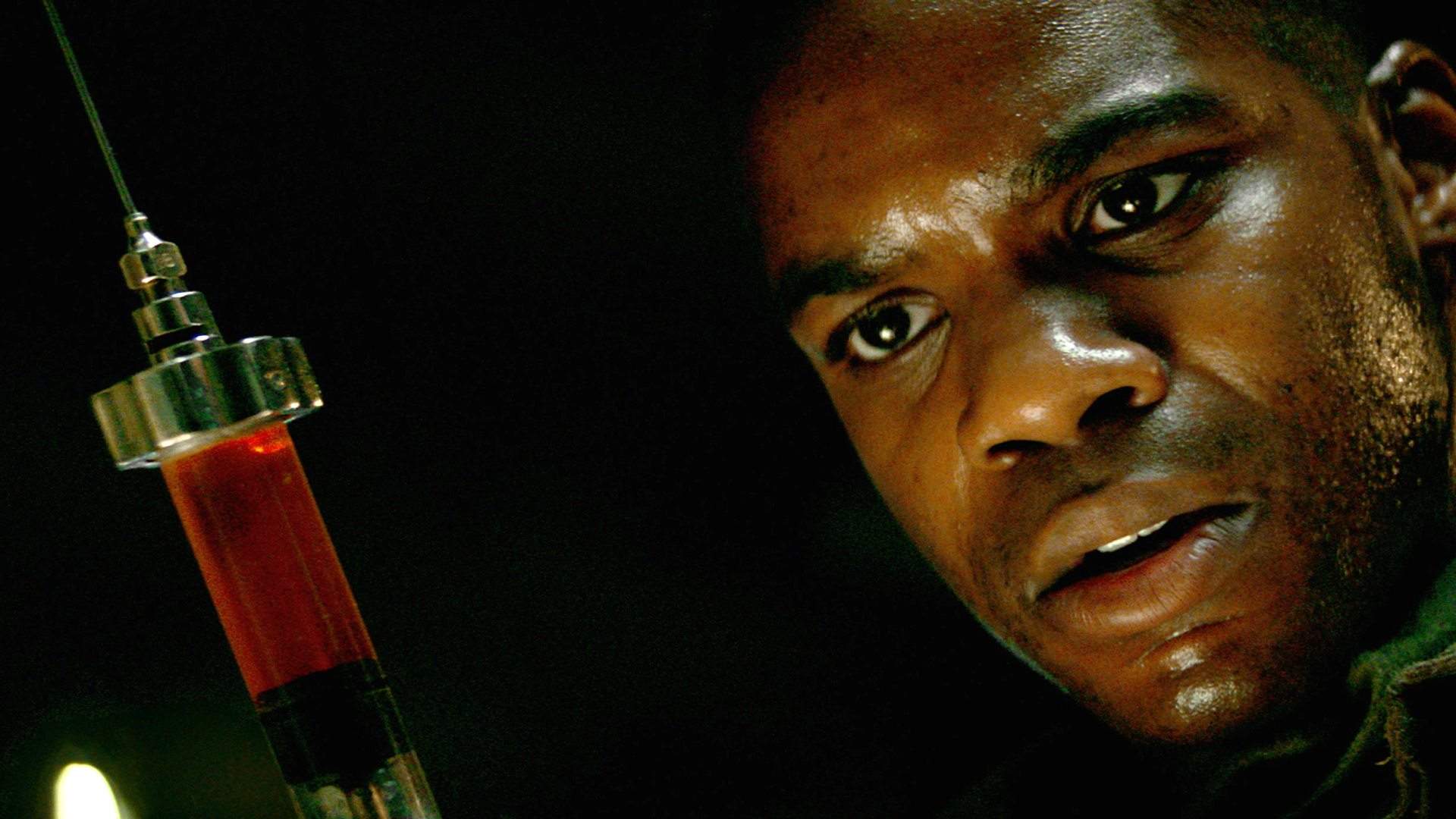
On the Way That Genre Has an Impact on How Kurzel Approaches Scoring a Movie
"We all grow up watching films, so we've all got that language. So whether you like it or not, you're aware of genres, and what those genres are and what's come before you, which I think is great because it can set benchmarks for you.
If you're looking at something and going 'I want to do a horror film' and 'what are the films that I really like in this sort of genre?', you can go back and have a look, and just see the way they've been approached — which may make you go 'well, I don't want to approach it like that, I want to approach it like this'."

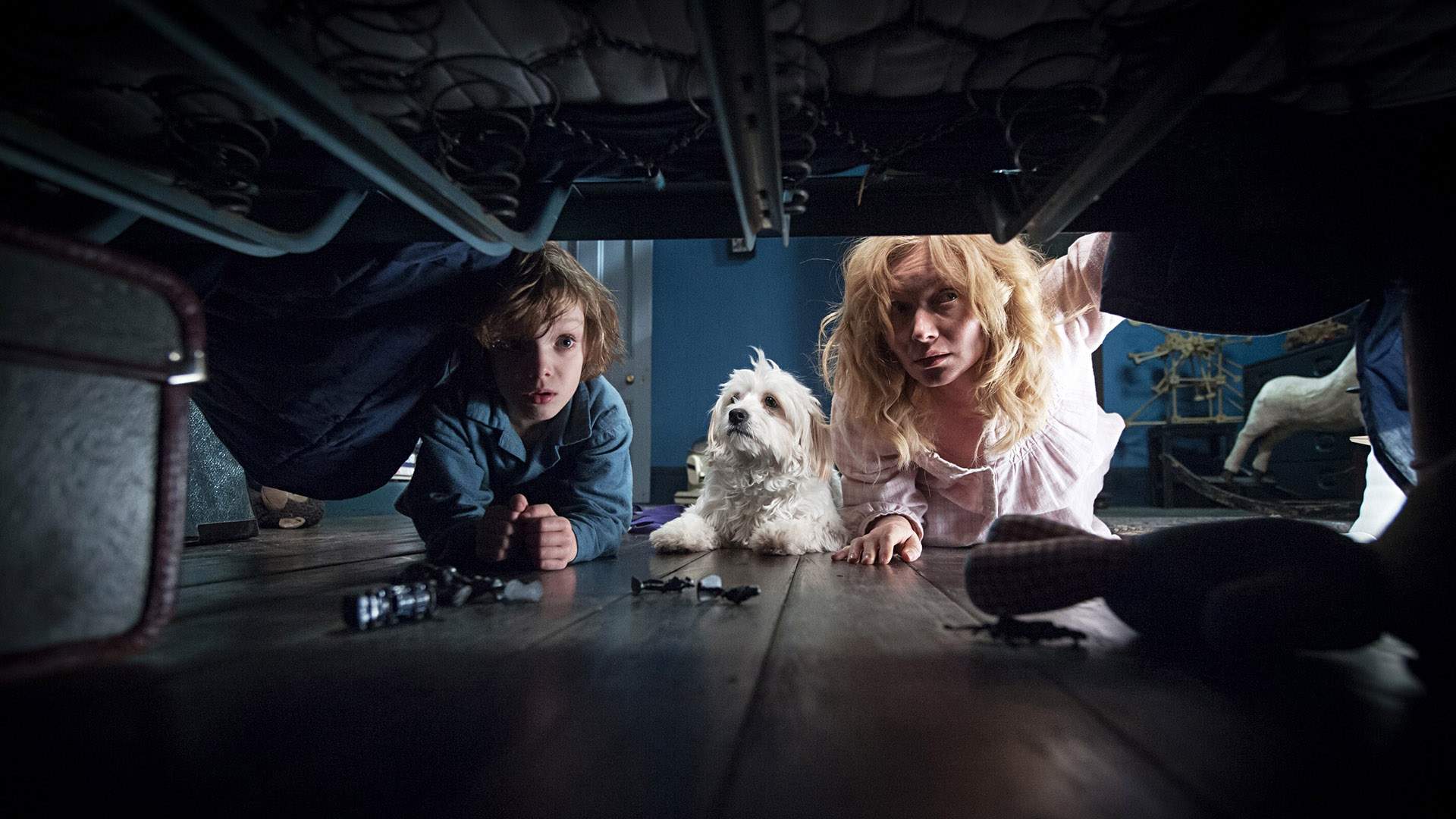
On What Drives an Unnerving Score Such as The Babadook
"That's a good question because that score, the inspiration for that — I think I wrote this in the sleeve of the vinyl — when I was scoring that, I was living in Erskineville and there was a possum on my roof or in the tree above me. And it was knocking things down through the night, and it would jump off the tree onto the roof.
So I was always listening to what sounded like people throwing bodies on my roof. On top of that, it would make these strange noises, or there'd be strange noises outside. So a lot of the time, I was keeping the door open and making music, and just letting those sounds come in as well — and going 'okay, that's interesting. I could kind of do something'.
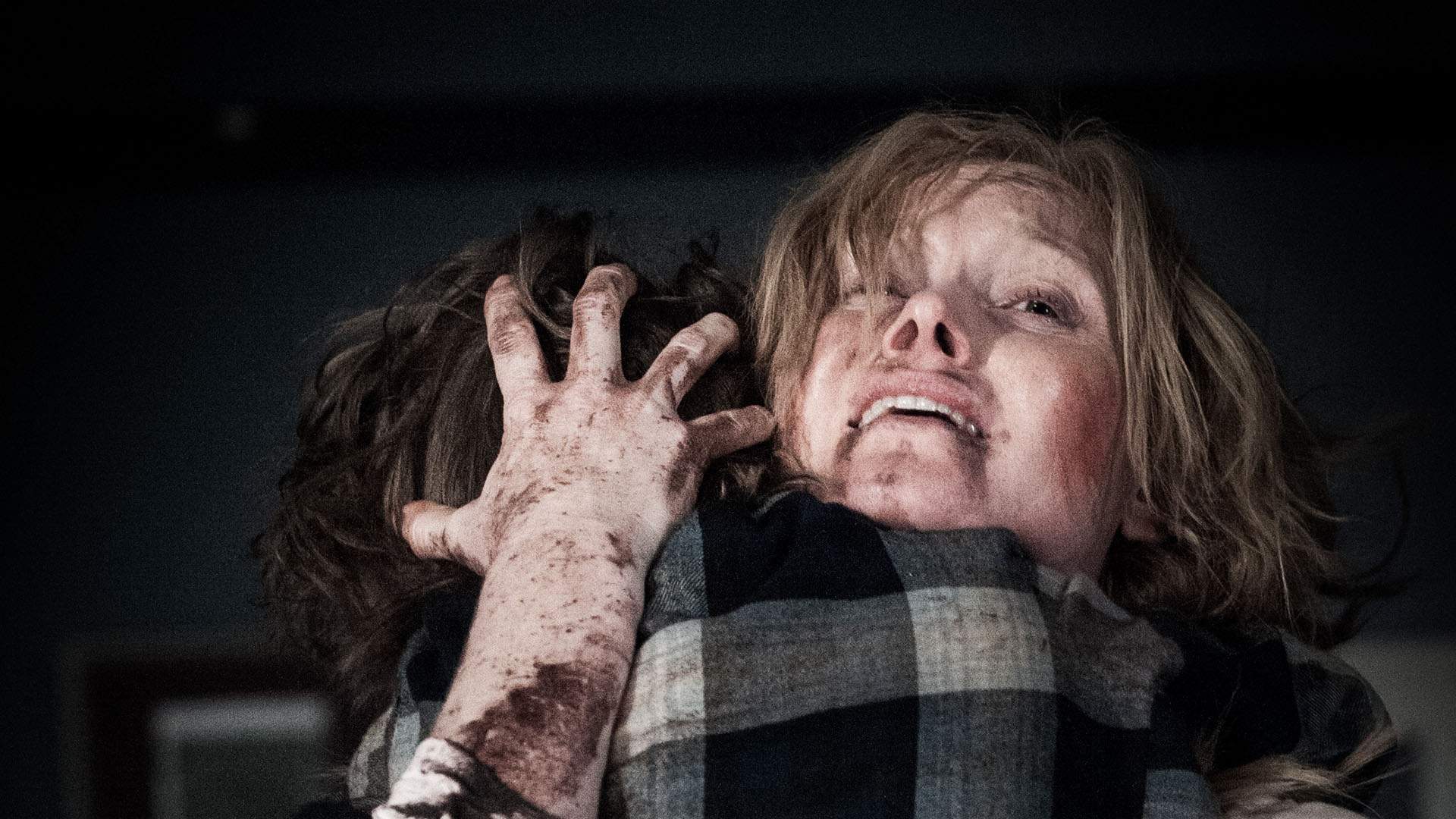
So I think what I'm listening for is what's unnerving me — and particularly late at night, if I'm doing something, you can hear things. The world really is making music all the time. So the environment's always really great, if you've got your ear out, you can always hear really interesting stuff.
But in terms of horror, I like to be unnerved. I'm not that much into the jump scares and things like that. I like an eerie, unnerving kind of feeling."

On the Response to The Babadook — Then and Now
"Even internationally, you mention it and everyone knows it, and the characters. It's pretty amazing. I'm really proud of the work we all did on that and how much Jen stuck to her guns with the film. I think it's just been re-released on screens in the US, it's doing a tour of America at the moment, which is amazing.
And that was a film that if you told us that's what was happening, and most of the things that happened with that film, we would have laughed at the time because it just was not on anyone's radar.
Even when it was released here, it had such a tiny release, I don't think anyone even knew it'd come out."

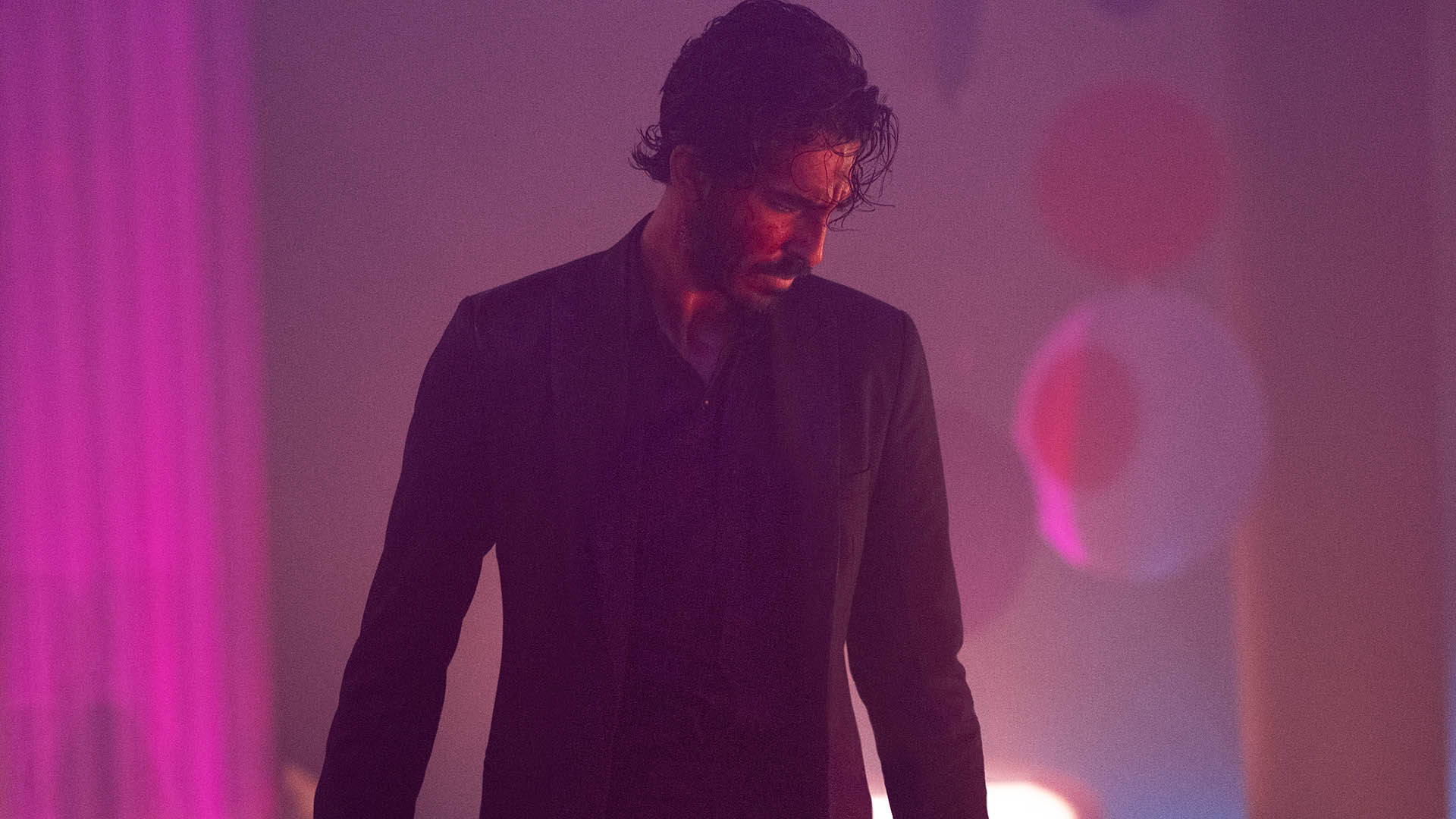
On Being in Action Mode with Monkey Man, But Using the Score to Build an Emotional World
"That was really different, because Dev already had, for a lot of the action scenes, there was already a lot of source music placed in there as music that already existed. And he had a definite thing for me, which was 'I want the film to be the emotional underground of the character'.
So a lot of it, we talked a lot about memory, and the music was representing his memory of his mother. And so it was really strange, I was doing an action film but I wasn't really doing the action side.
There's a few chase scenes and things like that. But in terms of that being the focus, it really wasn't, it was this whole other world that Dev was after which I found really appealing and exciting when we first spoke about the film."

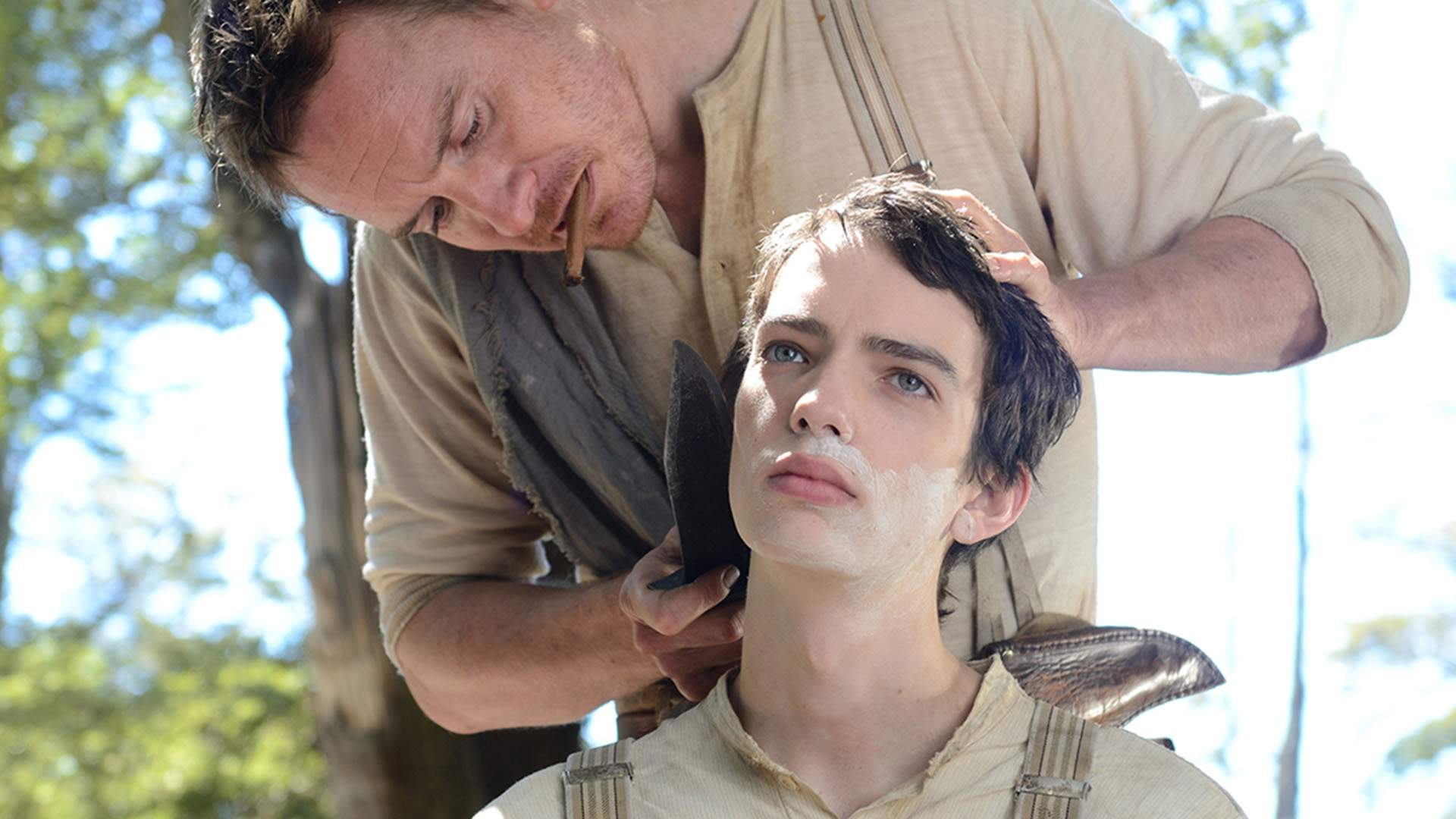
On the Most-Important Task for a Film Score to Achieve
"I always feel like I'm there to add a layer that's almost not even music — it's another layer to the film that wasn't previously there, that if you took out, you would really notice it.
A lot of people talk about watching films and not noticing the music. But I feel the other way. I want to notice it. And I want it to give me another layer on there that I know wouldn't exist otherwise — the performances wouldn't get it, the editing, it's adding something that's unique and almost impossible to describe, which is what to me that music is. It feels like some sort of magical language."

![]()
On the Ultimate Challenge in Composing for the Screen That Kurzel Hasn't Taken on Yet — But Would Like To
"I really don't know, because I find everything that I do, there's a new challenge and it usually rears its head pretty quickly. You get into something and you think 'oh yeah, I know how to do this' — and suddenly the film, like I said, the film starts to move into a direction and that tilts everything.
Being aware of those things, I think that's the exciting part about it. If you're living in the moment and scoring things for the moment, listening out for really happy mistakes — which I call those things that you kind of go 'ohh, I'm going to try this' but something else happens that was a mistake, and you think 'that's actually better than what I was going to do. I'm going to go down that path for a while'. They're the things that I love about composing.
In terms of feeling like there's something I haven't done yet, I haven't really done any romantic comedies. But I just, for some reason, I don't think I'm the go-to guy for those."
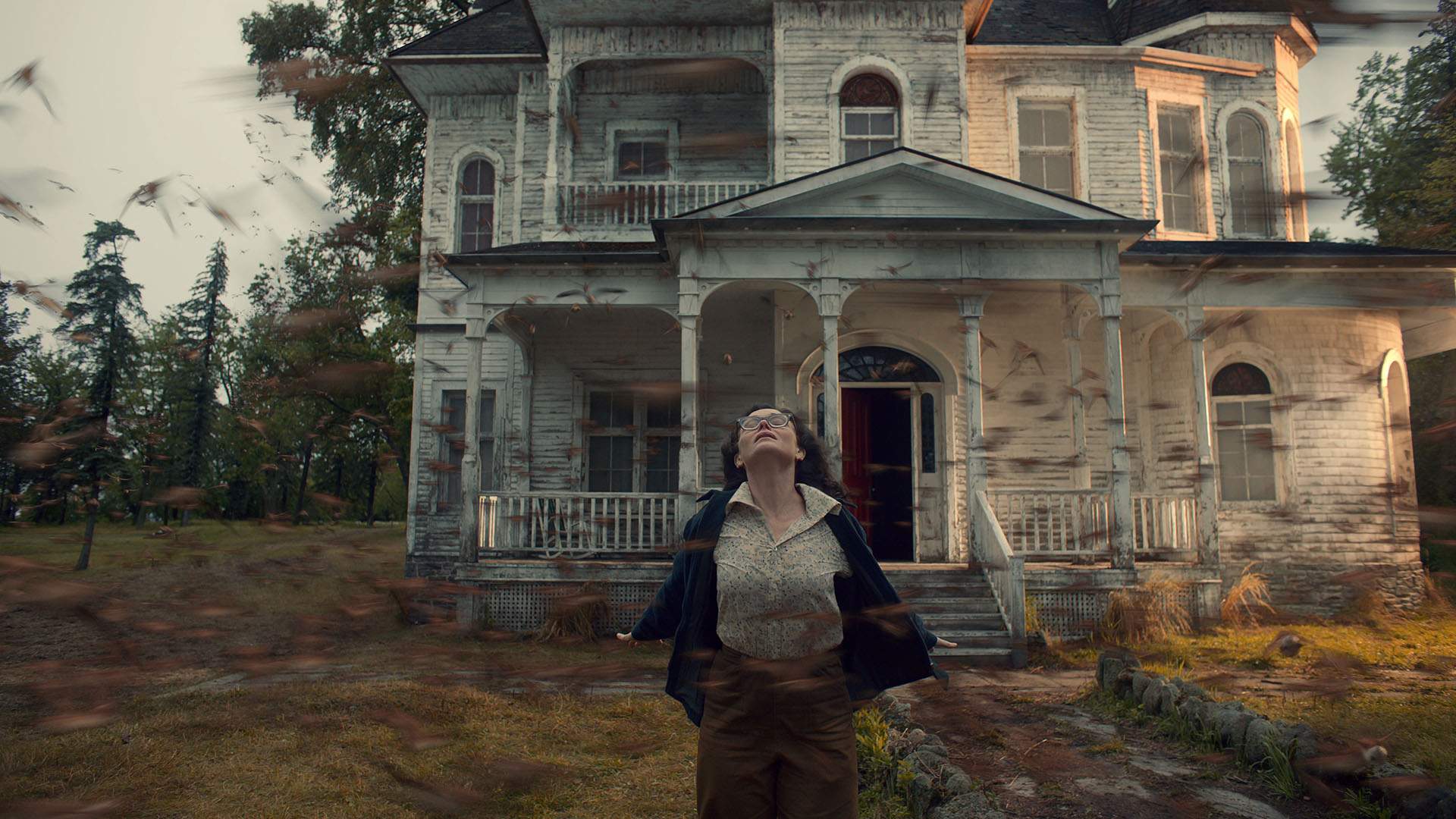
Courtesy of Netflix © 2022
Concrete Playground: "I chatted with Justin about Snowtown and he told me at the time that the next film he had in mind was a tennis rom-com."
Jed: "Yeah, yeah, yeah."
Concrete Playground: "So maybe if he does end up doing one, you'll get one."
Jed: "I keep saying to him, because he's very funny, so I keep saying 'you need to do a comedy. That has to be your next one'."

Screen Commentary: Jed Kurzel takes place at SXSW Sydney from 11am–12pm AEDT on Friday, October 18, 2024 at Fortress Sydney. Head to the SXSW Sydney website for more details.
